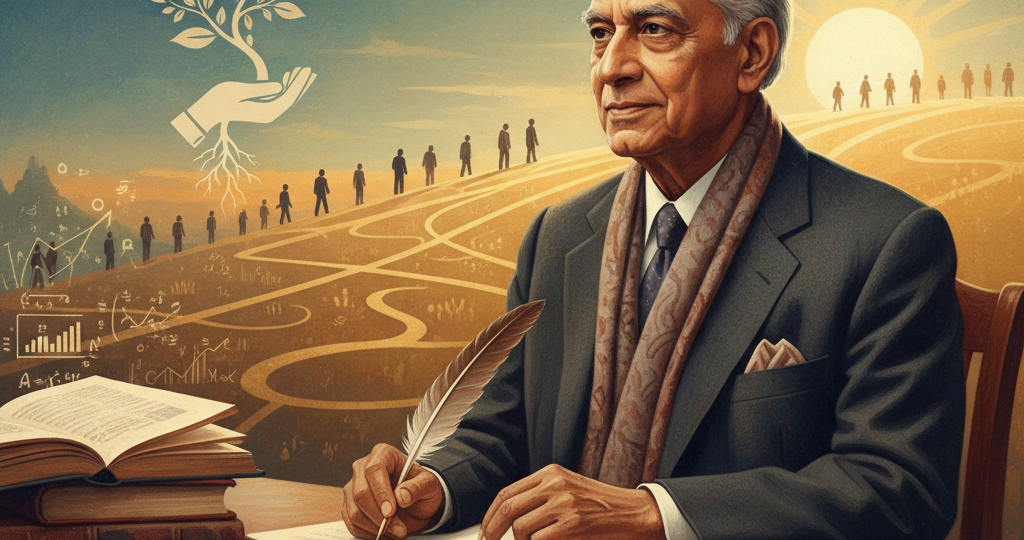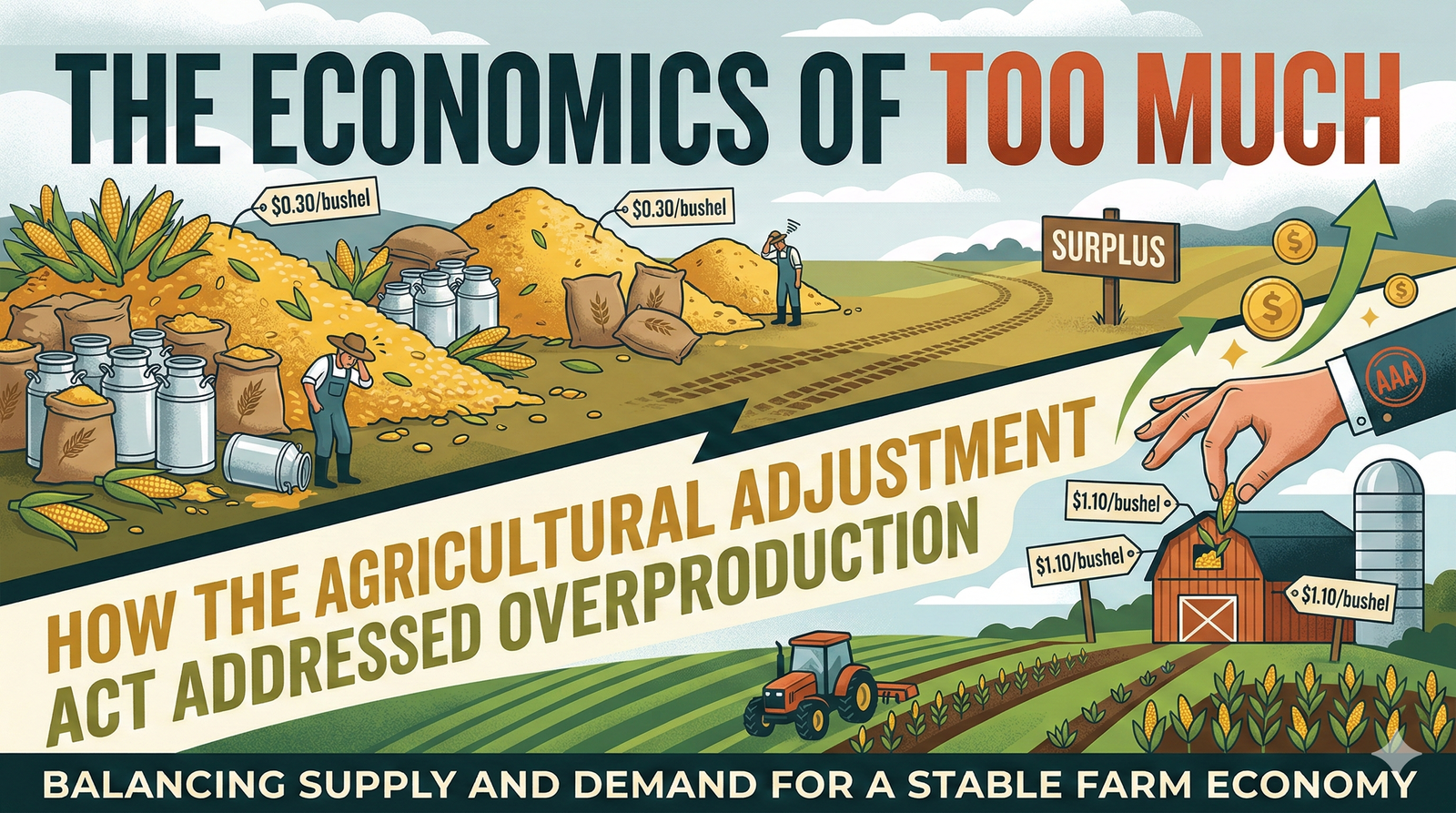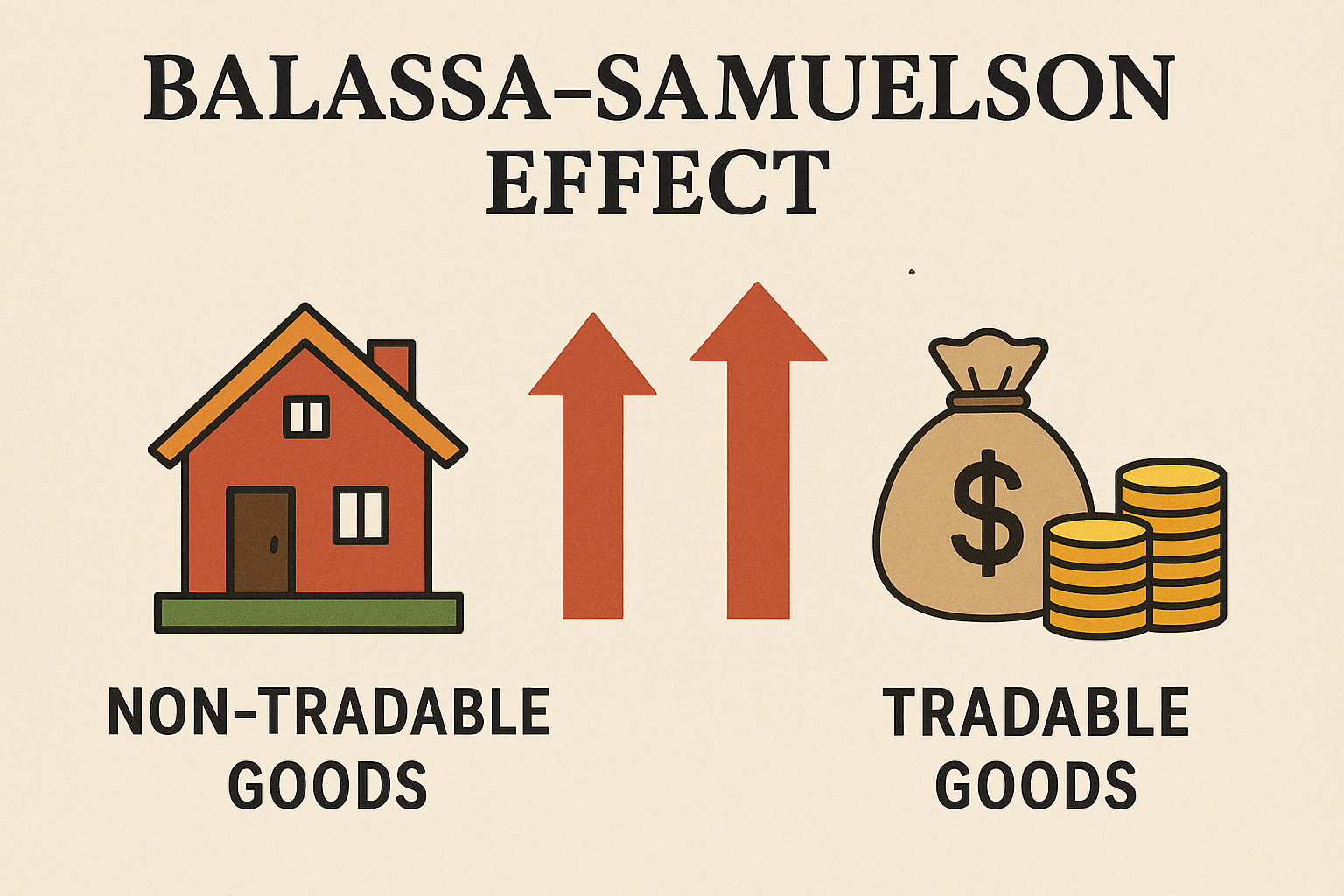
What does it mean to be well off? Some people say a certain amount of money, others say a certain amount of assets and so on. Economists wonder about this too but back in the day,most economists were busy calculating GDPs and growth rates. Amartya Sen, however, was asking a radically simple question: What does it actually mean to live well? His answer reshaped economics from a science of numbers into a study of human dignity.
Born in India and educated at Cambridge, Sen witnessed firsthand how famine, inequality, and poverty affected people beyond what statistics could capture. In his groundbreaking work, he challenged the idea that wealth alone defines well-being. Instead, he introduced the “Capability Approach” — the notion that true development means expanding people’s freedoms to choose the lives they value. Health, education, and opportunity mattered just as much as income.
Sen’s research on famines also turned conventional wisdom upside down. He showed that famine isn’t simply caused by a lack of food, but by inequities in access and distribution — political and social failures, not agricultural ones. This insight transformed how governments and organizations respond to hunger and poverty worldwide.
His ideas laid the foundation for the UN Human Development Index (HDI), which evaluates nations not just by economic output but by life expectancy, education, and quality of life. Sen didn’t just tweak economic theory; he humanized it.
Today, whenever economists or policymakers talk about inclusive growth or human development, they’re echoing Sen’s belief that progress isn’t measured by what people have — but by what they are free to become.
RELATED POSTS
View all


